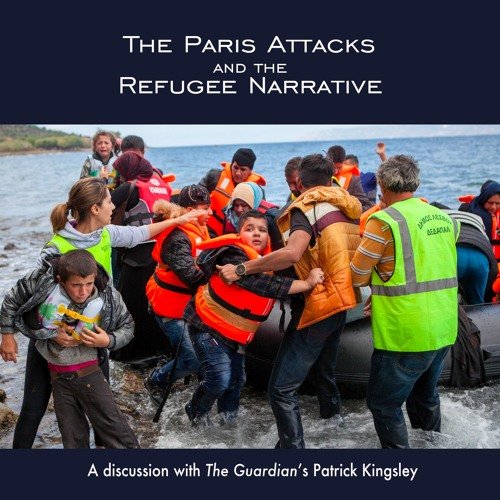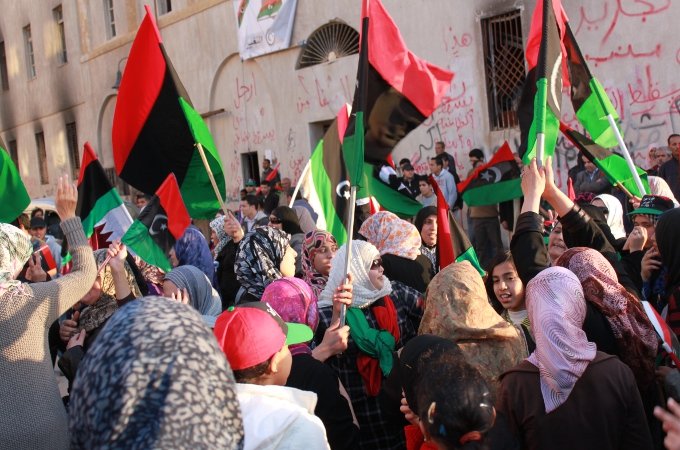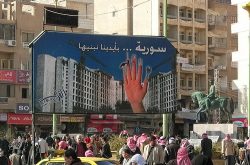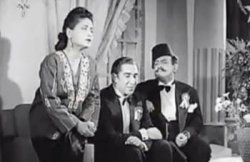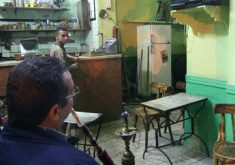With the tragic attacks in Paris last week, the emerging discourse has inevitably connected this atrocity to the migration crisis, particularly the influx of Syrian refugees into Europe. The closing of borders, and the decision to further restrict the flow of refugees by several Western countries has further escalated the already contentious debate about how best to handle this crisis. In light of this, we speak with The Guardian correspondent Patrick Kingsley about the media narrative around the crisis.
Read More »Syria
Social Media in Syria’s Uprising and Post-Revolution Libya: An Analysis of Activists’ and Blogger’s Online Engagement
Masudul Biswas and Carrie Sipes perform a comparative content analysis of Twitter and Facebook posts from a sample of Syrian and Libyan activist groups. By considering online content in the context of post-revolution Libya and the continuing upheaval in Syria, the authors shed new light on online activist agenda-setting. They find that while social media is used as a tool to maintain and expand momentum during revolution, in a post-revolution climate the same media serves as a venue for idea-sharing and political discourse.
Read More »Privileging the Private: Media and Development in Syria
Leah Caldwell examines coverage of 'development' by the privately owned Syrian daily al-Watan and finds that it is always discussed in a tightly controlled framework where a handful of participants are allowed to participate and determine exactly what or who needs to be developed.
Read More »Syrian Dabke Meets Western Media
Leah Caldwell examines Western coverage of the Syrian music and art scene, focusing on the case of dabke musician Omar Souleyman, and says some of the coverage perpetuates the idea that without a Western seal of authenticity on a particular art form, its cultural value is significantly diminished.
Read More »Defining the Boundaries of Acceptable Speech in Syria
Leah Caldwell looks at the travails of Syrian cleric Abdul Rahman Kuki and what his trial means for what public figures in Syria can say, and what indeed they must say
Read More »Politics by other screens
Absent participatory government, the film industry became a key political battleground in the late French empire. Historian Elizabeth F. Thompson compares struggles for control of the cinema in late colonial Fez and Damascus.
Read More »BOOK REVIEW | Asad in Search of Legitimacy: Message and Rhetoric in the Syrian Press under Hafiz and Bashar
Side-by-side renderings of Arabic articles and their English translations make the book useful for students and researchers, yet crude generalizations and culturalist arguments deflect from Kedar’s analytical contributions, argues Book Review Editor Samer Abboud.
Read More »Syria under the Spotlight: Television satire that is revolutionary in form, reformist in content
Marlin Dick traces the origins and behind the scenes drama of the Syrian sketch comedy program Spotlight. (Features Video)
Read More »Television and the Ethnographic Endeavor: The Case of Syrian Drama
In contemporary Syria, the TV industry’s centrality renders it a particularly revealing site of ethnographic endeavor. It provides a valuable point of access to a complex and rapidly changing society, argues Christa Salamandra.
Read More »The Best Hope for Democracy in the Arab World: a Crooning TV “Idol”?
It is a perfect summer evening in Damascus; a cool wind sweeps in from the desert, soothing scorched pavements and carrying the smells of strong coffee and cured meat from roadside stalls up into the clotheslines and concrete hulks of the Syrian skyline. Normally the city's streets would be packed …
Read More » Arab Media & Society The Arab Media Hub
Arab Media & Society The Arab Media Hub
